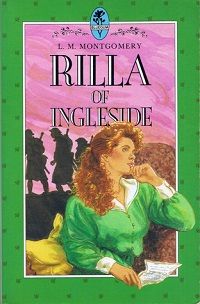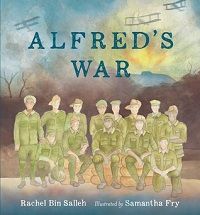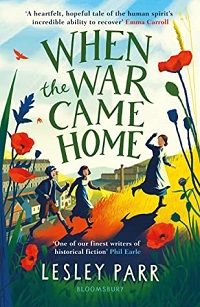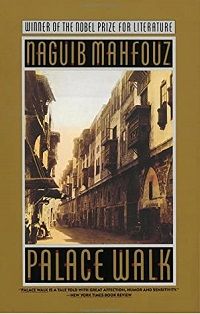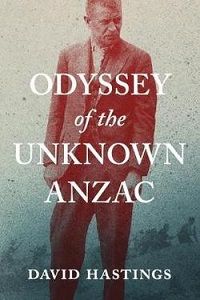As the distance of time between WWI and today stretches even further, the importance and even the feel of ANZAC Day seems to be shifting. The same glory-driven propaganda used to encourage enlistment in 1914 has kept going, despite the real-life experiences of those who lived it. For history buffs, it can be a fascinating genre to read. But to be honest, it is rare to find a book that feels real – or at least when compared with the small scraps of tales I have heard from family over the years. Instead, it becomes too easy to find the books with romantic gestures of heroism and stoic bravery as they face their adversaries on the battlefield. Even from a young age, ANZAC Day is such a big deal in Australia, it becomes entrenched in our collective psyche. Preschool readers share stories of Simpson and his donkey, or vague PG-rated tales of Gallipoli. Rarely do we find stories about the aftermath that are suitable for kids, despite kids often being the ones living with family and friends who continue to suffer. It’s a lot easier to romanticise the bravery of World War I for children than it is to address the injustice of it all. As ANZAC Day approaches, I found myself drawn once again to books set in this time period. I have watched family members live with PTSD and struggle to coincide their experiences with the hero-worshipping ANZAC spirit that surrounds us. Australia is not alone in this; it is a sentiment shared around the world, wherever people have been touched by war – and unfortunately, that is everywhere. There are, however, fewer people who have been touched directly by WWI. It’s a lot easier to romanticise (and sell) a war kept distant by both time and geography. It was a war fought ‘elsewhere’ in a time ‘long ago’. It was never meant to come home, into our homes. The Great War never ended on the battlefields of Europe. But it did come home with the soldiers and it did influence so much more in our communities. This same attitude still happens today, and now is a good time to learn from the past so we can be better living into the future.
Books That Don’t Romanticise World War I
It’s never a good time to read books about war. It’s not like you should go into them looking for feel-good vibes or happy endings. But that doesn’t mean you have to glam it up and romanticise the good ol’ days either. I am not a fan of war or the military in general, but I will still take my moment to commemorate the fallen soldiers, and their stories are worth telling without romance or exaggeration. If that seems a little too real, then perhaps we need to reconsider how we talk about any war at all.
